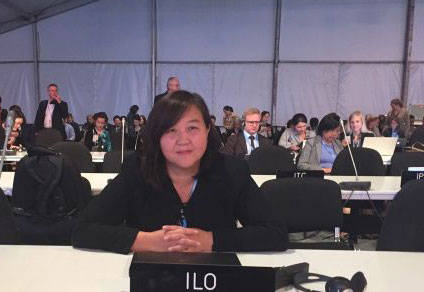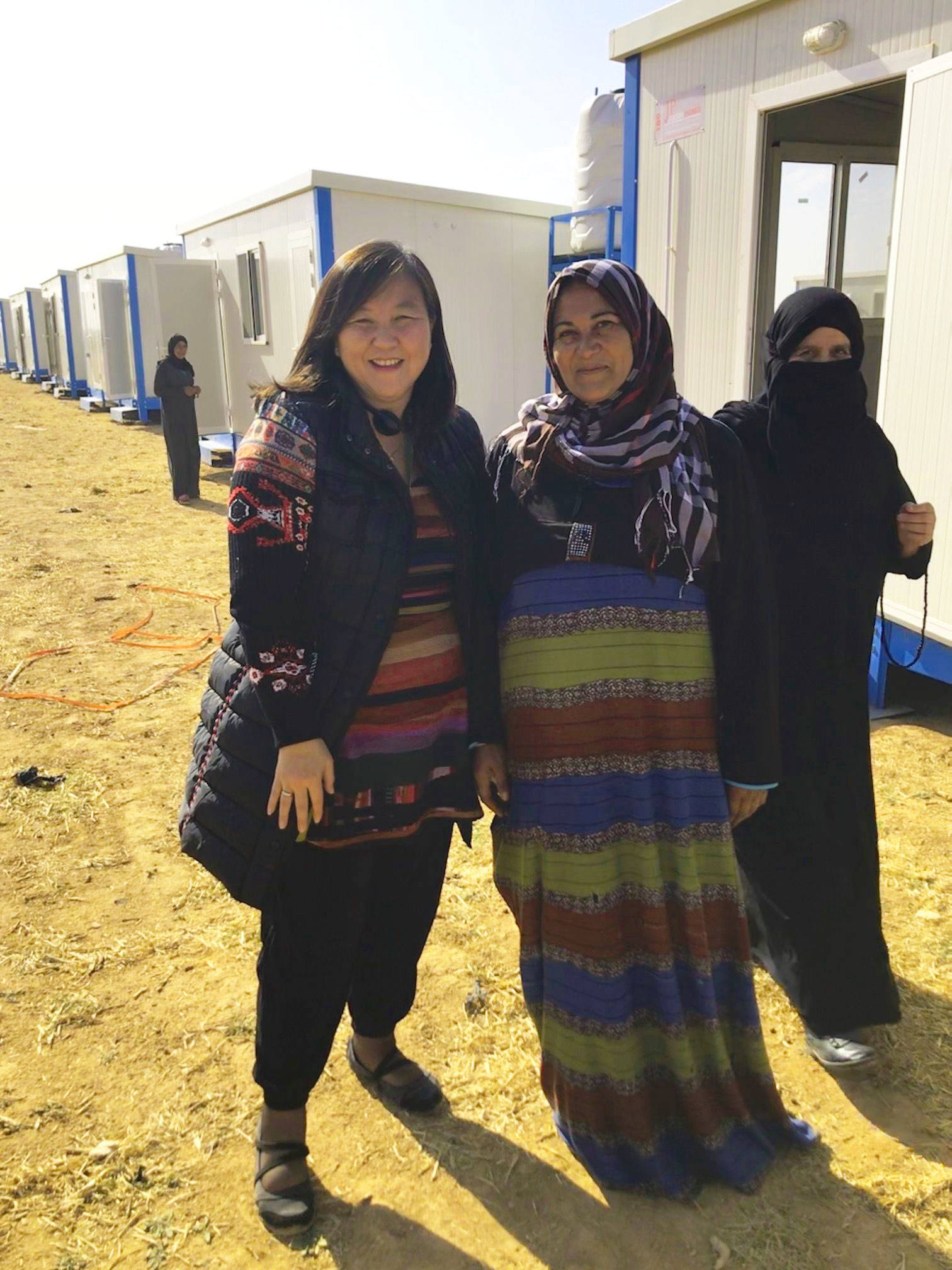We use Cookies. Read our Terms
- News
- Informal economy workers "significantly impacted"
Informal economy workers "significantly impacted"
Interview with Mito Tsukamoto, Chief of the Development and Investment Department of the ILO

Photo: ILO
As published in the 03/2020 issue of the OPEC Fund Quarterly.
Below are some edited highlights from our interview with Mito Tsukamoto, Chief of the Development and Investment Department of the International Labour Organization (ILO).
The only hope [developing countries] may have is that development partners, donors and agencies coordinate well to ensure that the technical assistance is delivered in a coherent and effective way to ensure that funding is going into the pockets of the most vulnerable.”
“The challenges of the informal economy, where we find the most vulnerable employees, enterprises, and own-account workers, were already significant before COVID-19. And now with COVID-19, almost 1.6 billion informal economy workers (out of a total of 2 billion) are significantly impacted by lockdown measures and/or they work in some of the hardest-hit sectors (wholesale and retail; accommodation and food services; manufacturing; real estate, business and administrative activities). We estimate that earnings for informal workers will decline in the first month of the crisis by 60 percent, globally. This is likely to have lasting effects on inequality and poverty that we need to address now.”
“Many developing countries, but especially the least developed ones, have very little or no fiscal space to implement measures to alleviate some of the existing structural problems that impede inclusive growth. Also, they have the weakest health and social protection systems, feeble or non-existent national and local institutions, and have very little ‘wiggle room’ to deal with emergency calls on their resources.”
“The only hope they may have is that development partners, donors and agencies coordinate well to ensure that the technical assistance is delivered in a coherent and effective way to ensure that funding is going into the pockets of the most vulnerable.”
“The ILO, through what is now called the Employment Intensive Investment Programme, has continued to support governments in over 50 countries linking infrastructure development with employment creation, poverty reduction and local economic and social development. Using local labor and resources creates much needed employment and income, reduces costs, saves foreign currency, and supports local industry while increasing the capacity of local institutions.”
“Short-term emergency public works schemes provide immediate job opportunities. If designed well, they can allow productivity, work quality, working standards and the quality of the works to be maintained and low-waged workers to continue to earn a livelihood. These works could involve improving existing health facilities and shelters, producing the needed safety and health equipment and providing social infrastructure and services.”
“There are several benefits of focusing national economic recovery programmes in employment-intensive infrastructure development and construction. Doing so can directly stimulate demand and job creation, compensating for the lack of private sector and household spending; it can create local multipliers, since local businesses can benefit from large projects by supplying raw materials, transport, accommodation, food, and other goods and services; and it can also absorb workers from other sectors relatively easily. But most of all, if they include environmental objectives and improve access to basic services for the poor – including schools, healthcare and digital infrastructure – they can provide the foundations for the ‘build back better’ approach of inclusive and sustainable development that policy makers are talking about.”
See also COVID-19 and development - an interview with Guyana’s Finance Minister Winston Jordan.

Supporting employment-intensive programs for Syrian refugees and host communities in Jordan. Photo: ILO
Main Story
Creating jobs and economic opportunity in developing countries can be challenging at the best of times, but during COVID-19, is it even possible?